Oops! Army training mislabeled nonprofits as terror groups for years

At Fort Liberty, thousands of soldiers who were trained on the Army’s antiterrorism policy saw slides that labeled several legitimate nonprofits as terrorist organizations – a blunder that went on for seven years before photos of the slides were posted to social media this summer, prompting outrage.
After the training became public, the Army pulled the slides and began an investigation, said Lt. Gen. Patrick Matlock, the Army deputy chief of staff.
Matlock and Agnes Gereben Schaefer, the assistant secretary of the Army, testified about the investigation results Thursday in front of members of the House Armed Services Committee.
Nonprofits that were incorrectly labeled as terrorist groups included People for the Ethical Treatment of Animals, known as PETA, as well as the anti-abortion groups Operation Rescue and National Right to Life. The advocacy groups Earth First, Earth Liberation Front and Animal Liberation Front were also listed.
“Incorrectly labeling legitimate organizations as terrorist groups not only undermines the credibility of the training, but also puts service members at risk of being unfairly scrutinized or penalized based on their associations or memberships,” said Rep. Andy Kim, D-NJ. “We must be cautious and purposeful in how we define and identify threats to our national security.”
The slides had been used in trainings since 2017 and had not been reviewed or approved at any level, Schaefer said. About 9,100 soldiers saw the slides over the past seven years.
“The training materials were very poorly developed, and we fully acknowledge that failure,” Matlock said. “That length of time is almost unexplainable.”
The soldier who created the slides was an employee of the local garrison and added the nonprofits based on open-source research, Schaefer said. The Army didn’t find any evidence that the soldier sought to subvert Defense Department policy or to further a personal political viewpoint.
Republicans and Democrats criticized Matlock on Thursday after he refused to reveal what disciplinary measures the soldier faced. Matlock said only that the soldier was re-trained, and the chain of command took action. He cited privacy and safety concerns as the reason he wouldn’t give more details.
Almost every congressperson who questioned Matlock took issue with him not divulging the punishment. Rep. Steven Horsford, D-Nev., described his reticence as a lack of transparency, and Rep. Matt Gaetz, R-Fla., said he was “playing games.” Rep. Cory Mills, R-Fla., accused Matlock of not being deserving of the rank of a four-star general.
Rep. Jim Banks, R-Ind., the chairman of the House’s military personnel subcommittee, said repeatedly that Matlock’s silence on the issue was an embarrassment.
“I respect you, but your inability to discuss accountability with us today greatly undermines your position, your authority, your leadership,” Banks said to conclude the hearing. “I think it’s embarrassing to the US Army.”
Members of Congress first became aware of Fort Liberty’s antiterrorism training this summer, when photos of slides used during a July 10 training were shared online. In a statement at the time, Fort Liberty officials said the slides were not vetted appropriately and would no longer be used.
National Right to Life issued a news release calling the situation “deeply offensive to all pro-life Americans,” and PETA told Military Times the Army made the correct decision to get rid of the “counterfactual presentation.”
The Army is doing a service-wide review of its training materials to make certain they reflect the Defense Department’s antiterrorism policies and don’t contain information similar to what was shared at Fort Liberty.
“We fully acknowledge that this incident has revealed a gap in our processes at the command level that has existed since these slides were first developed in 2017 and that we need to alleviate the potential for individuals to develop training materials without appropriate supervisory review,” Schaefer said. “The recently directed Army-wide review is intended to close that gap.”
That review began a couple of weeks ago and would last until early next year, Matlock said. As of Thursday, no other problems had been found.
This story was produced in partnership with Military Veterans in Journalism. Please send tips to [email protected].
Nikki Wentling covers disinformation and extremism for Military Times. She’s reported on veterans and military communities for eight years and has also covered technology, politics, health care and crime. Her work has earned multiple honors from the National Coalition for Homeless Veterans, the Arkansas Associated Press Managing Editors and others.
Read the full article here







